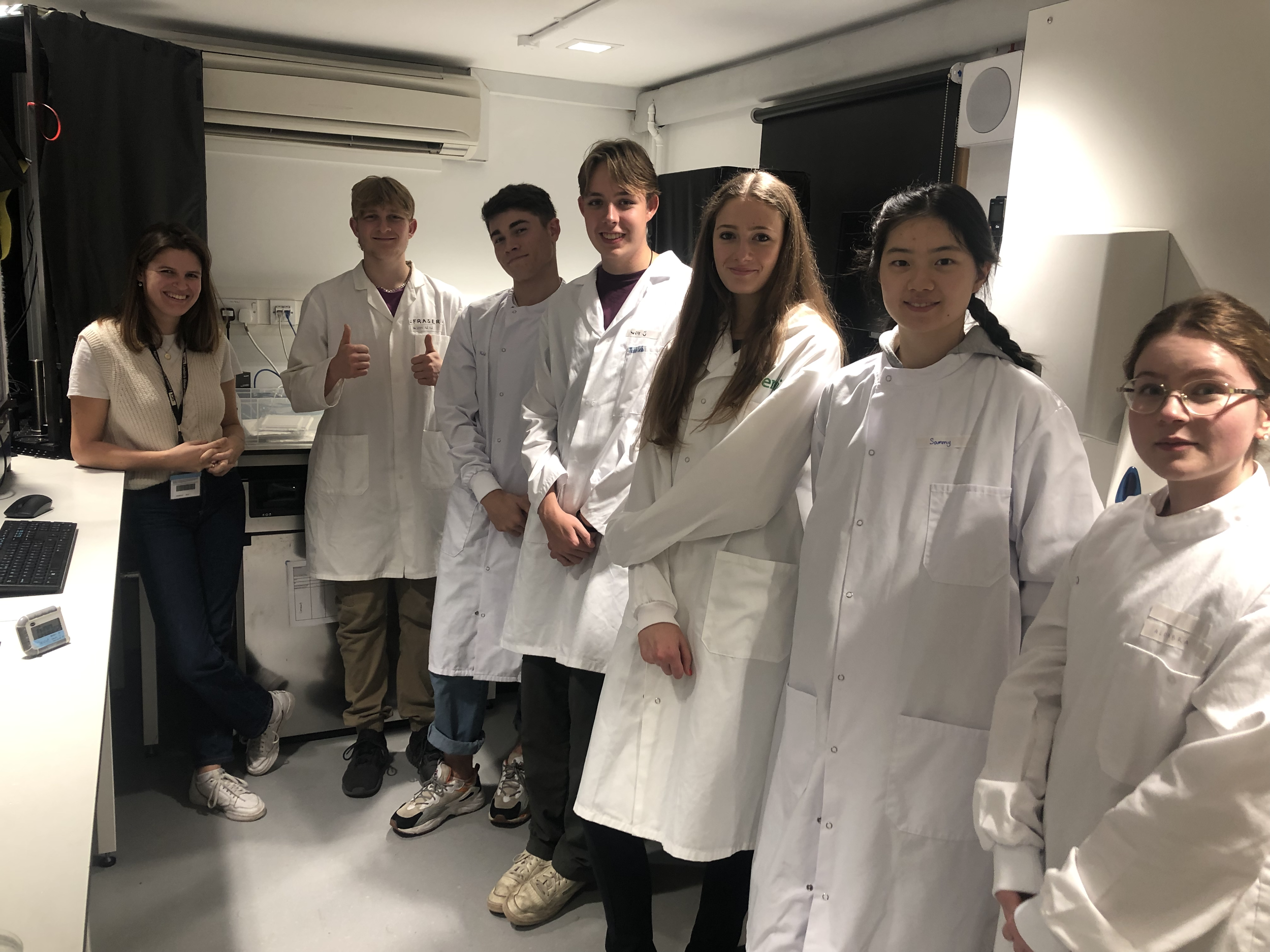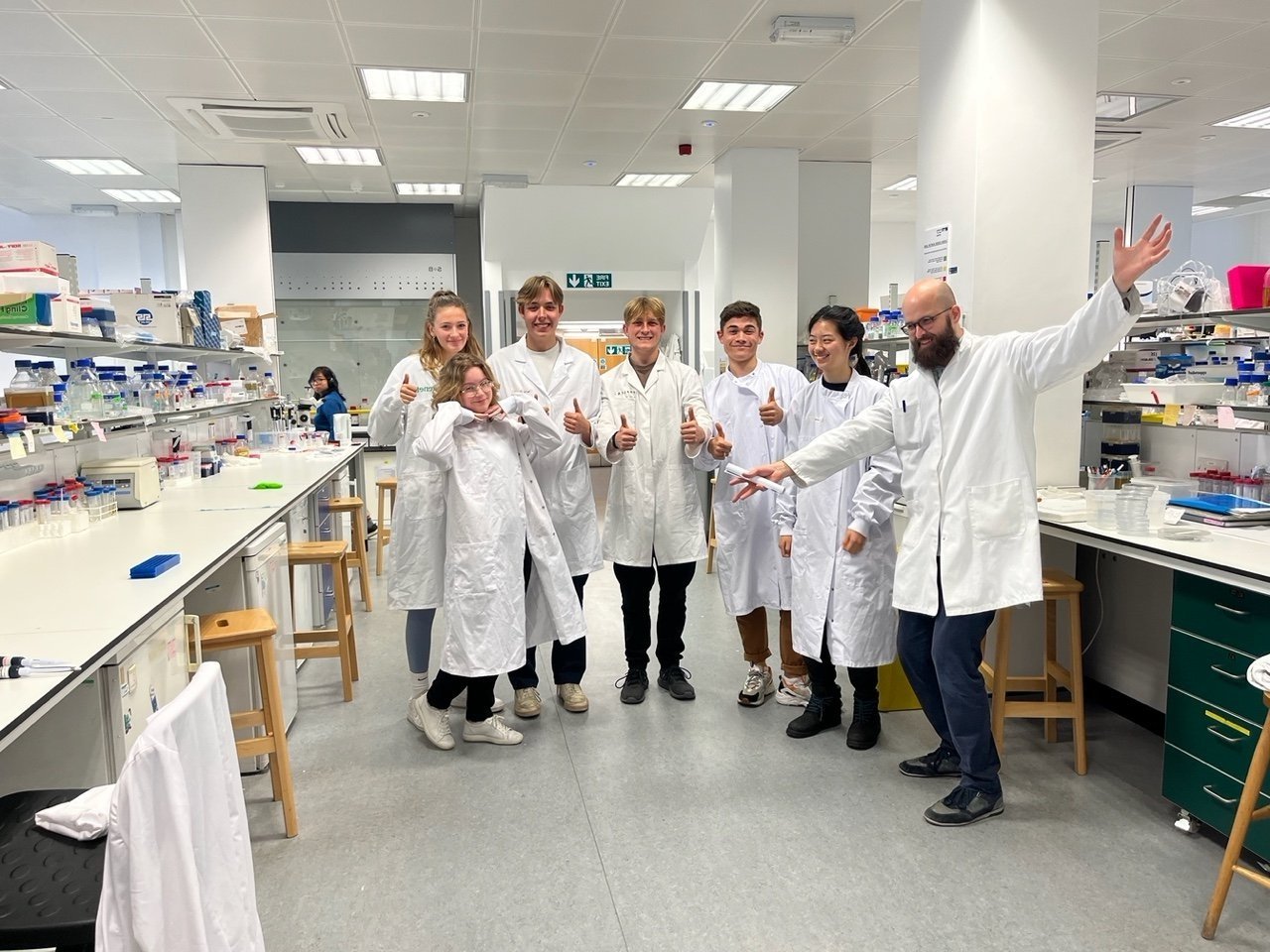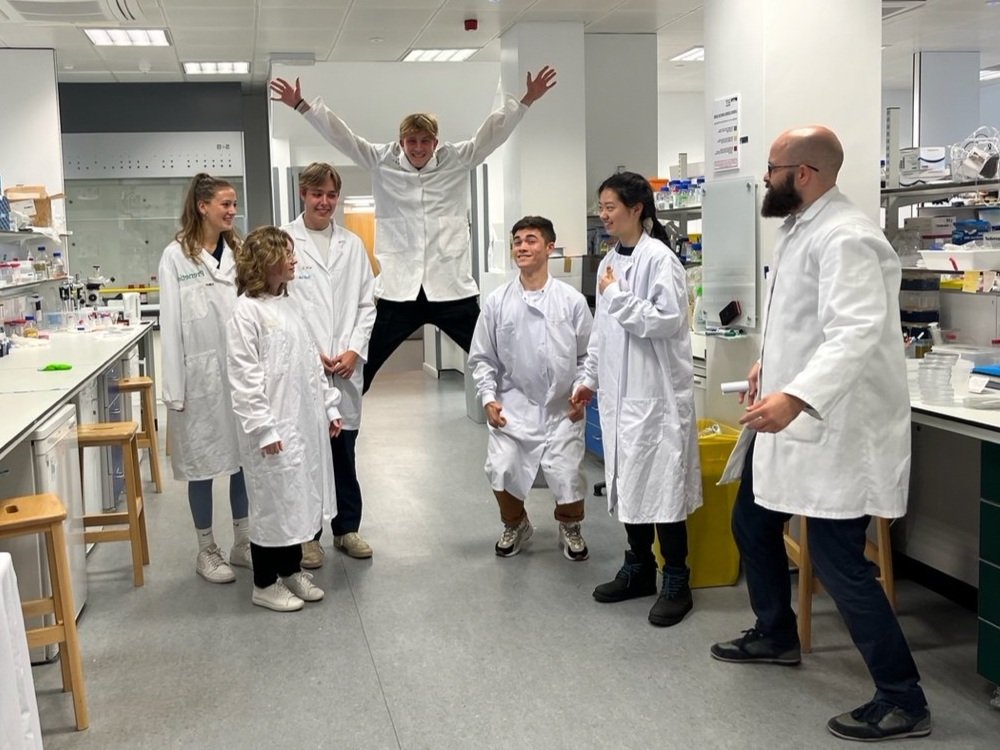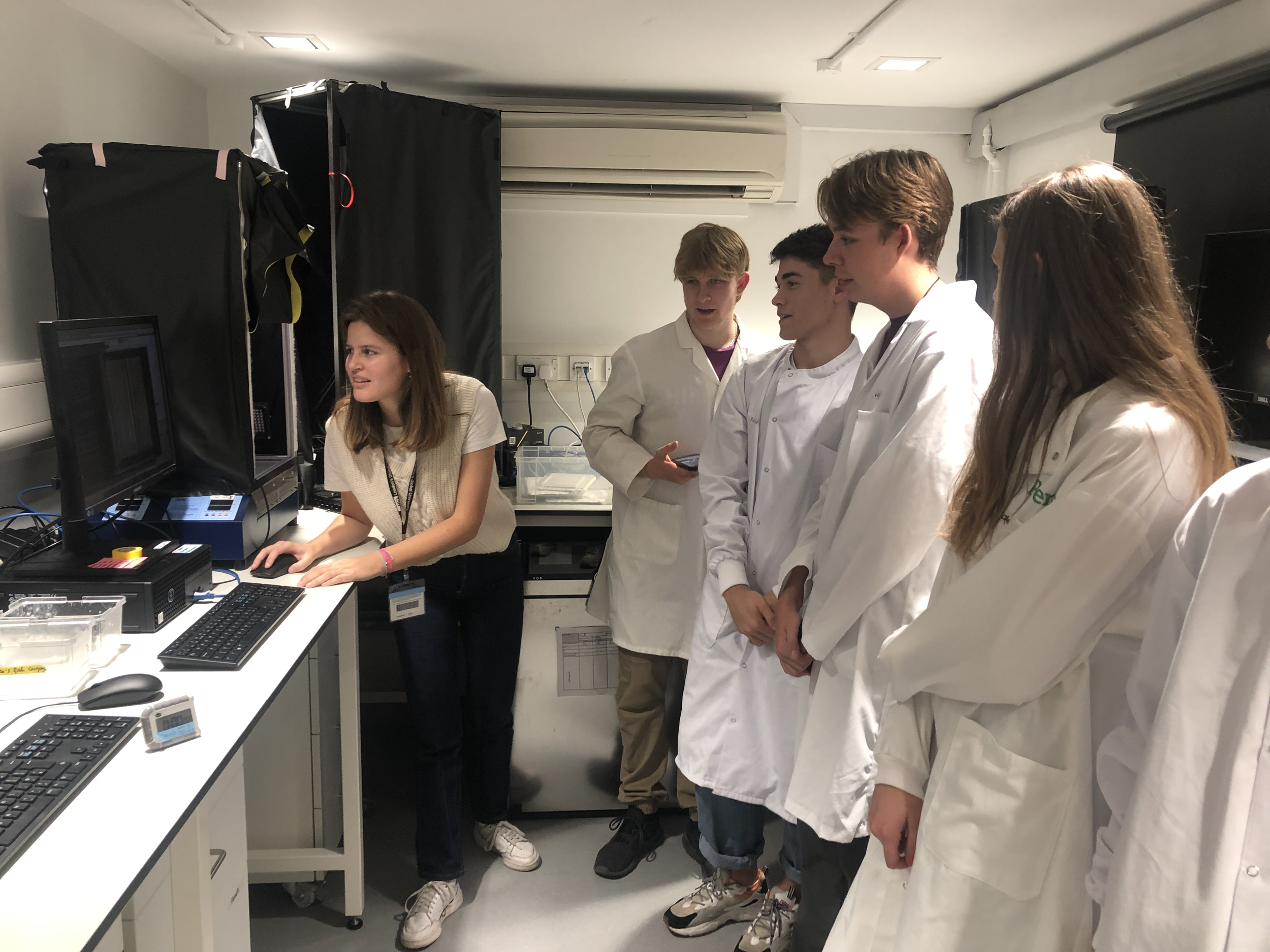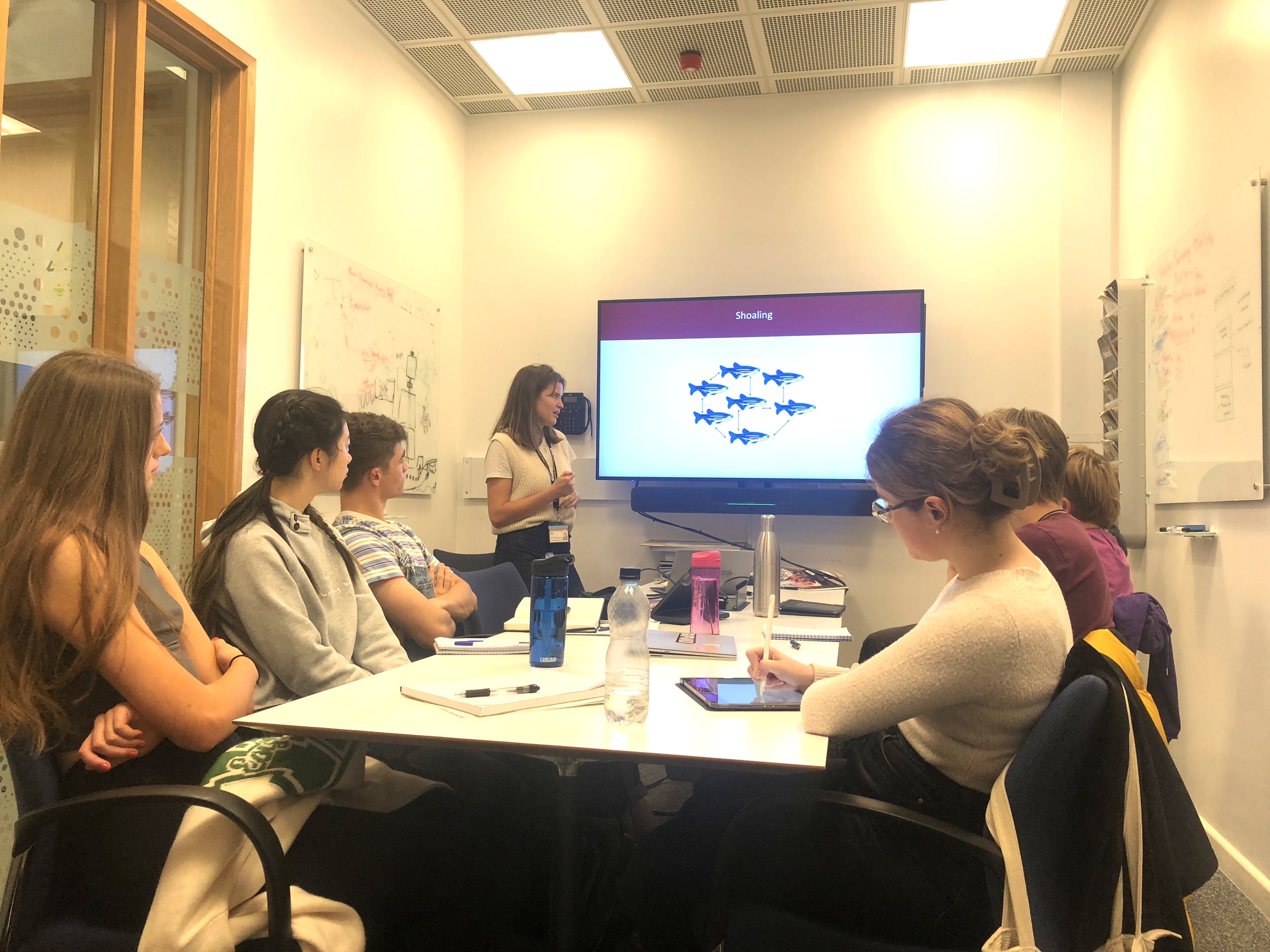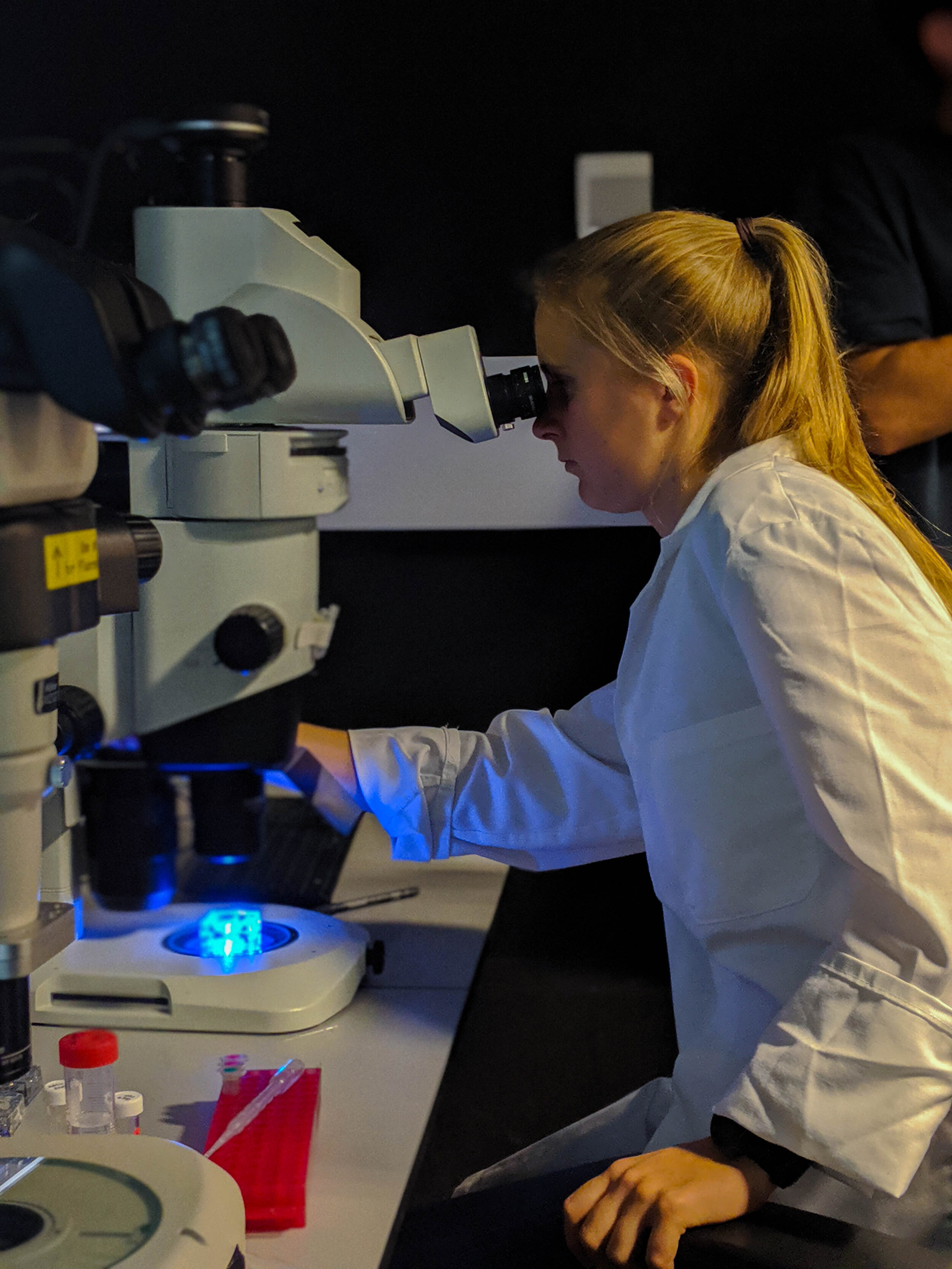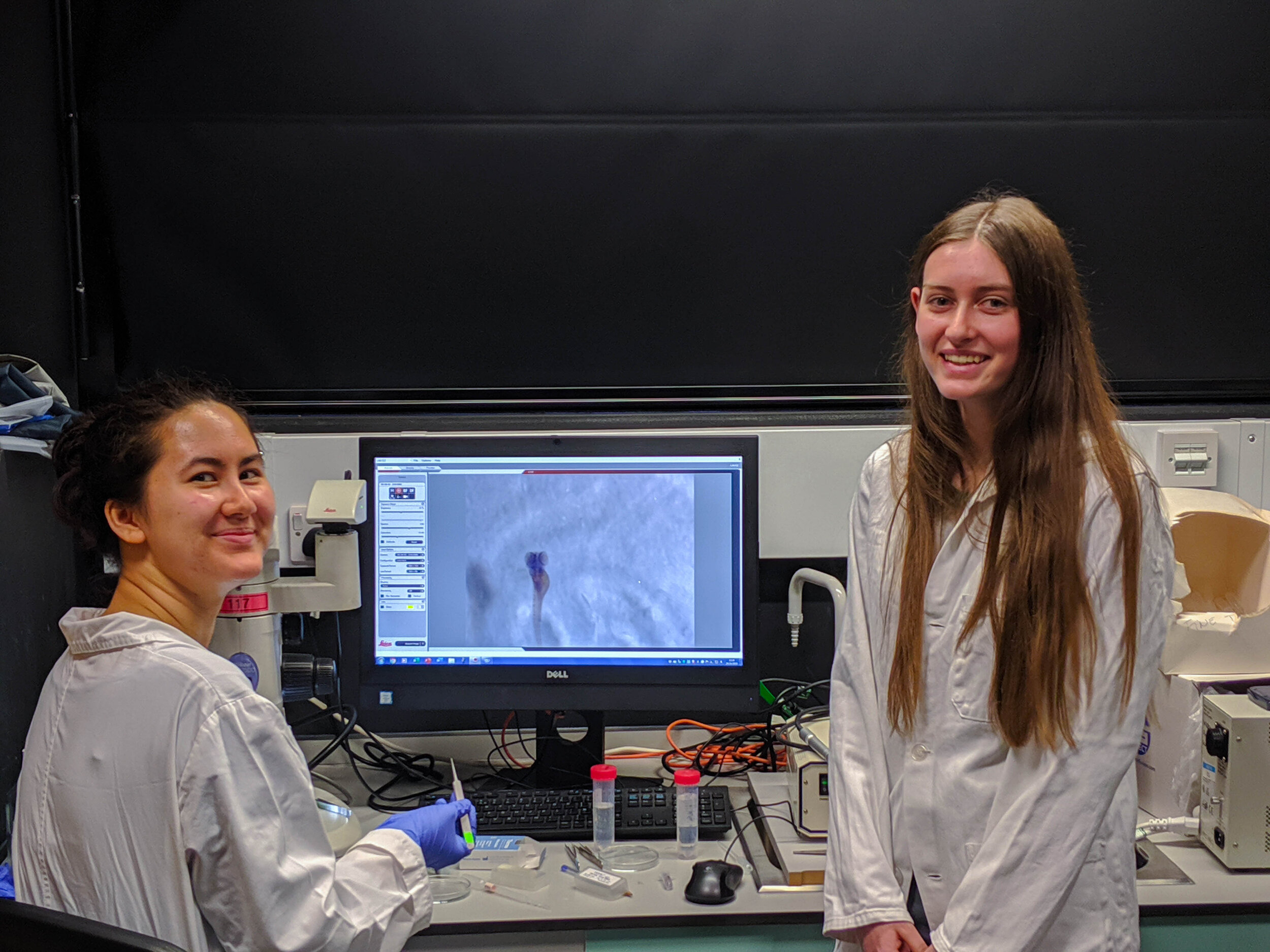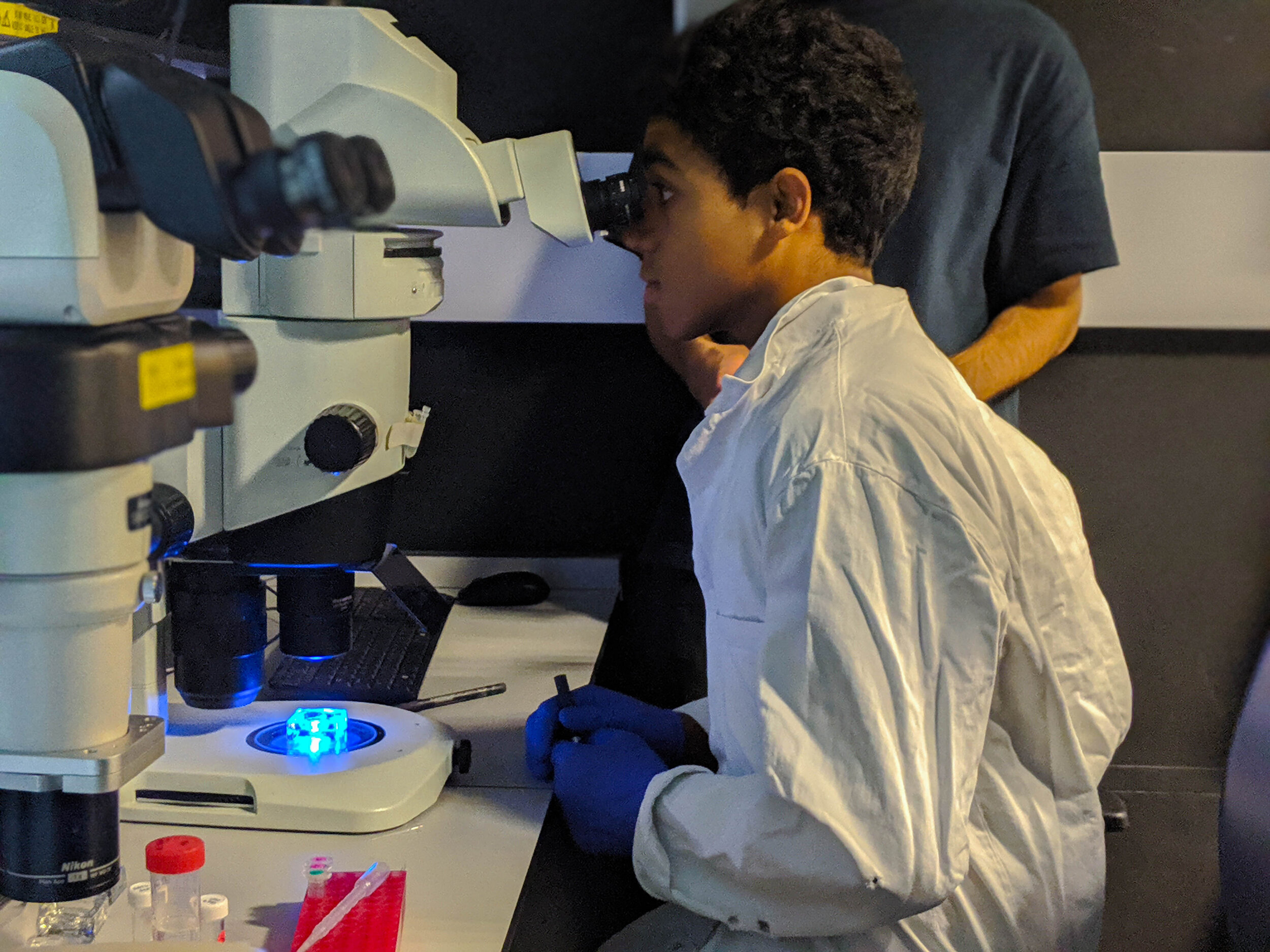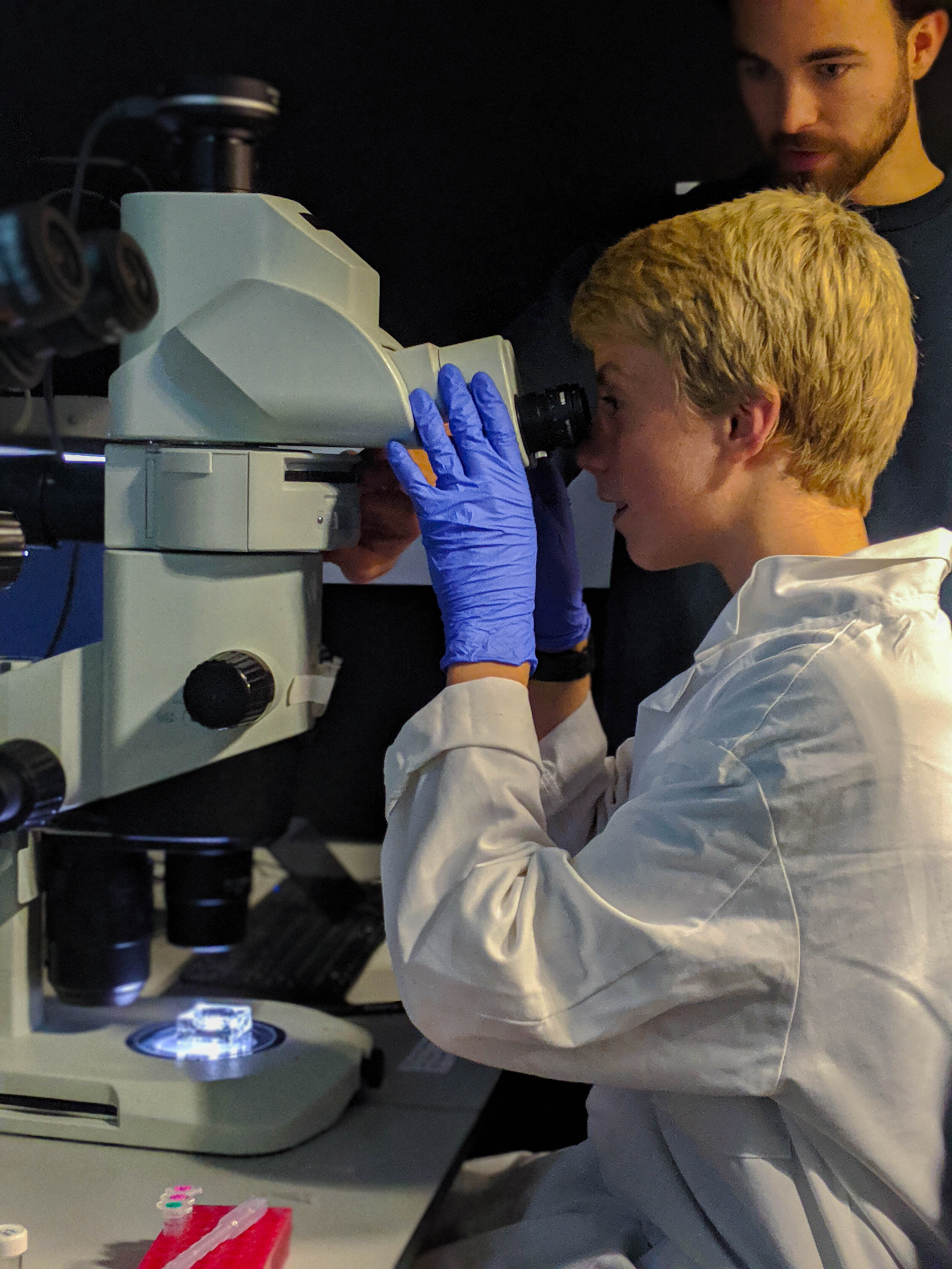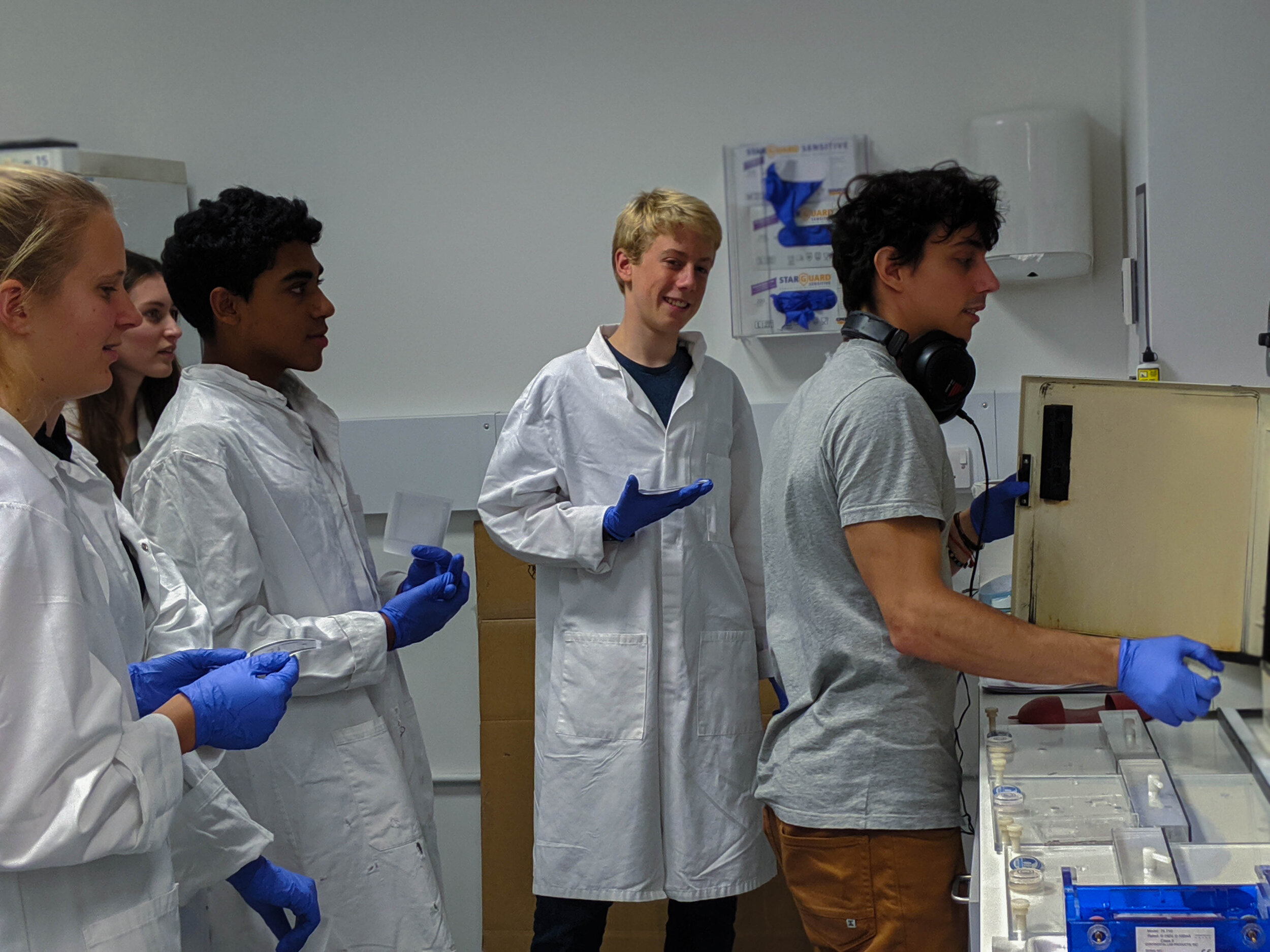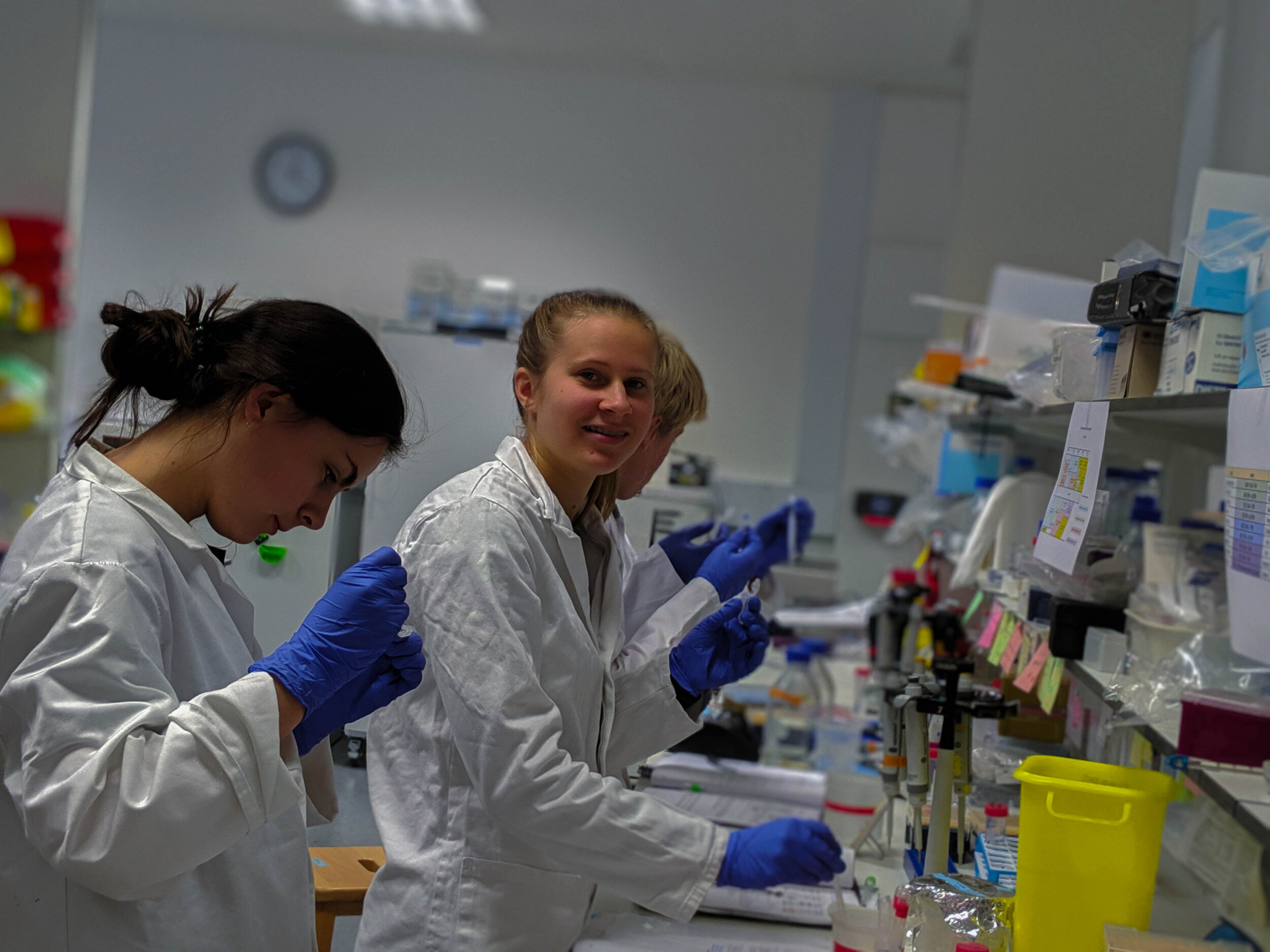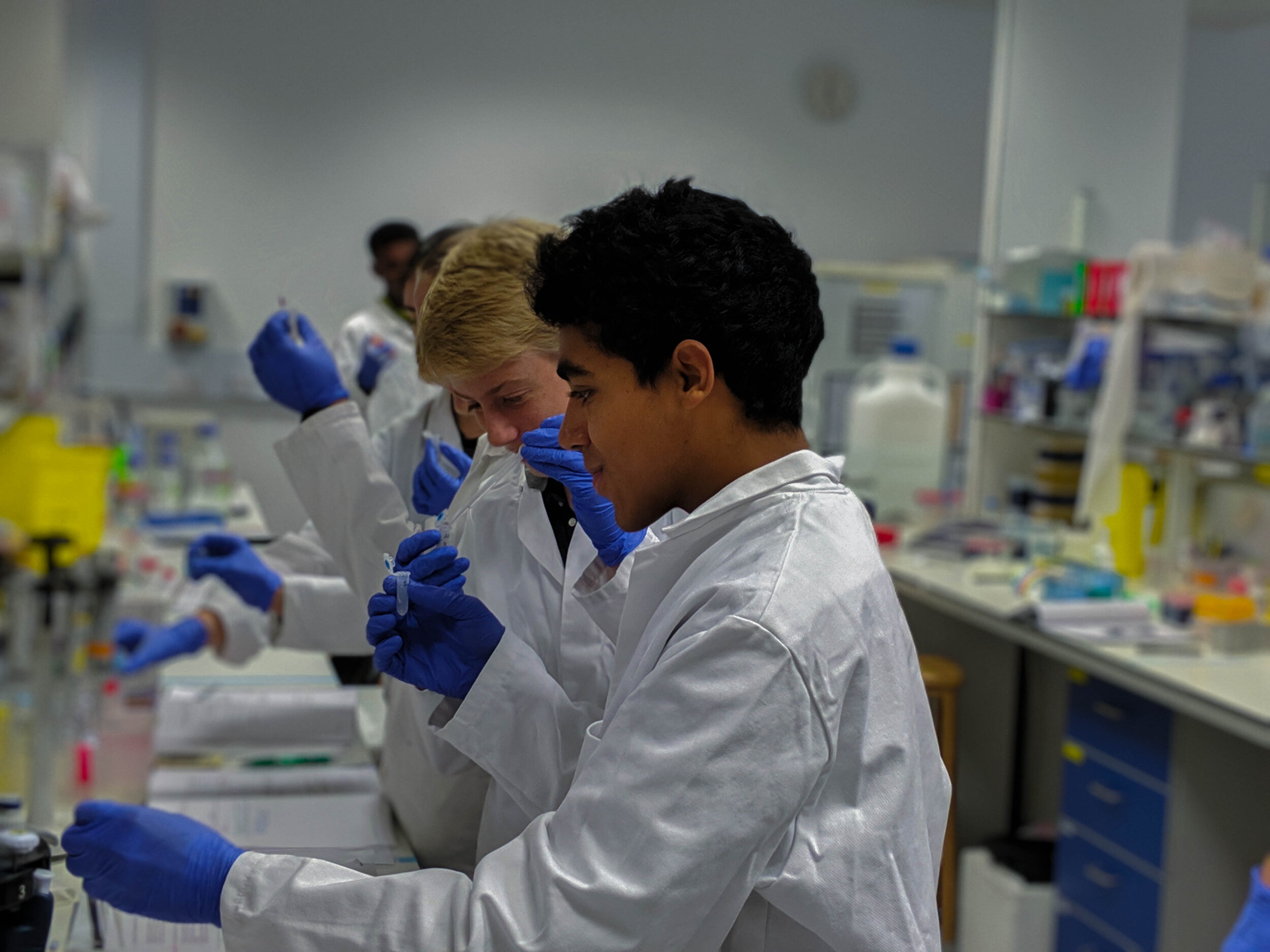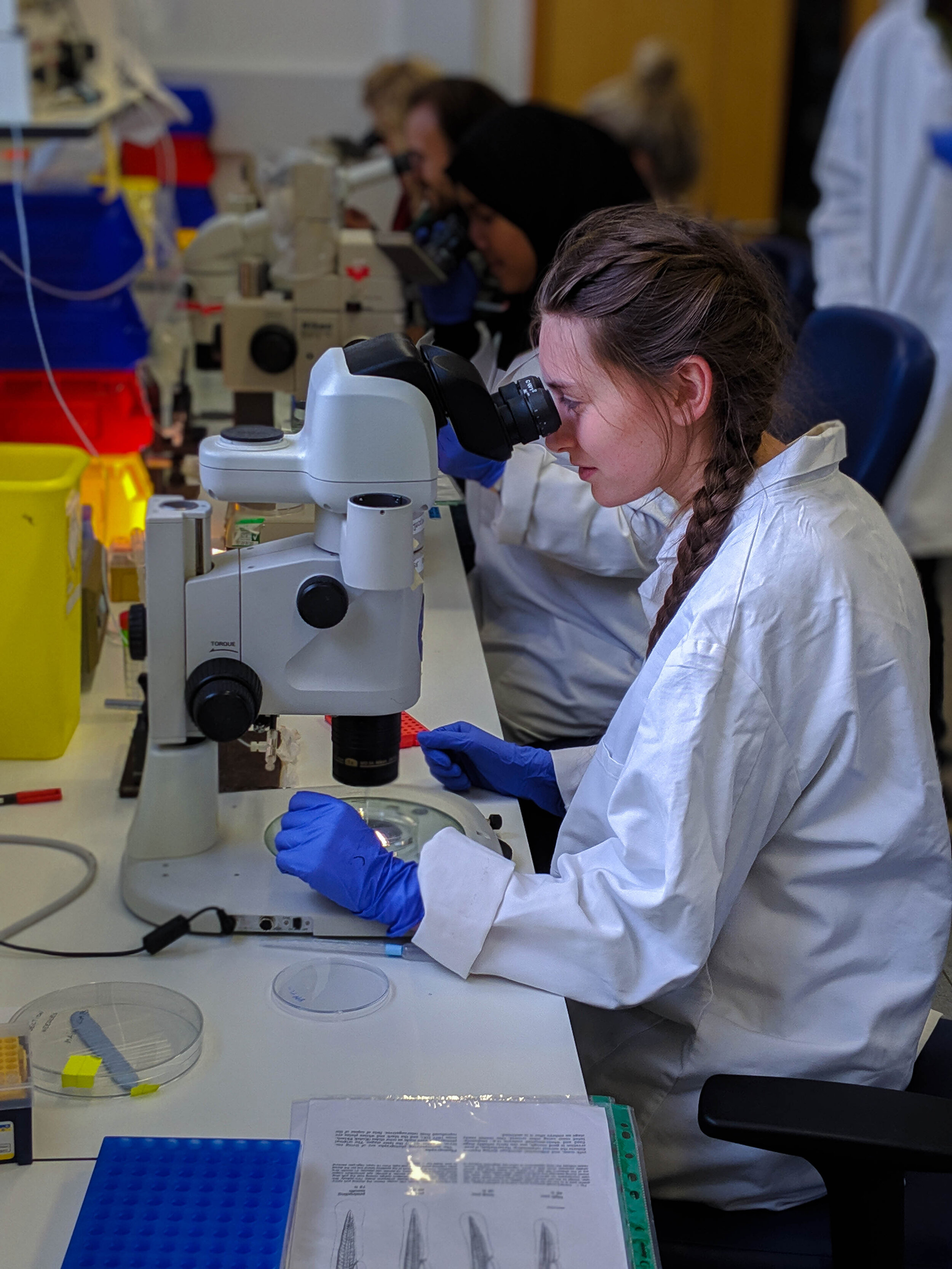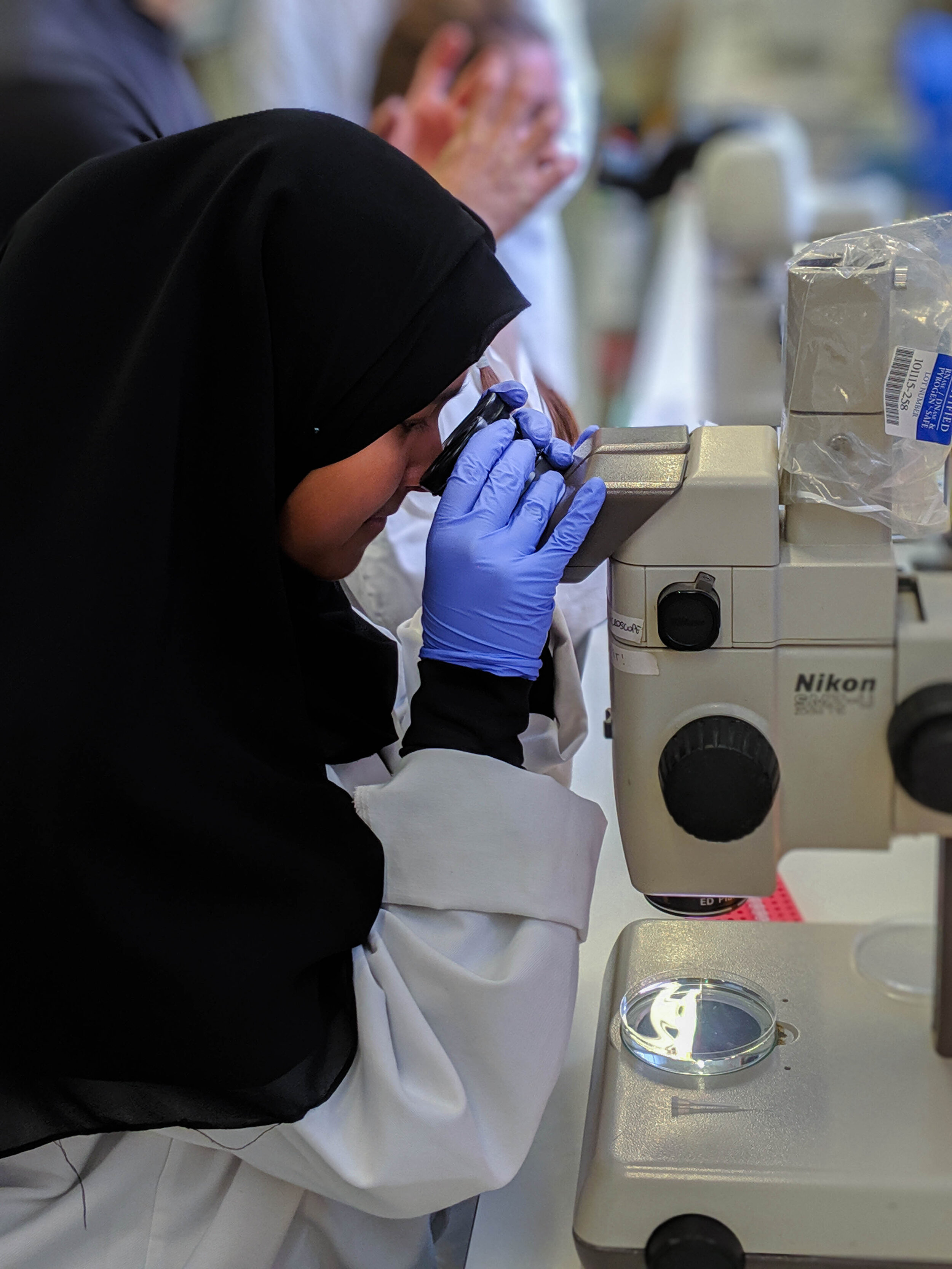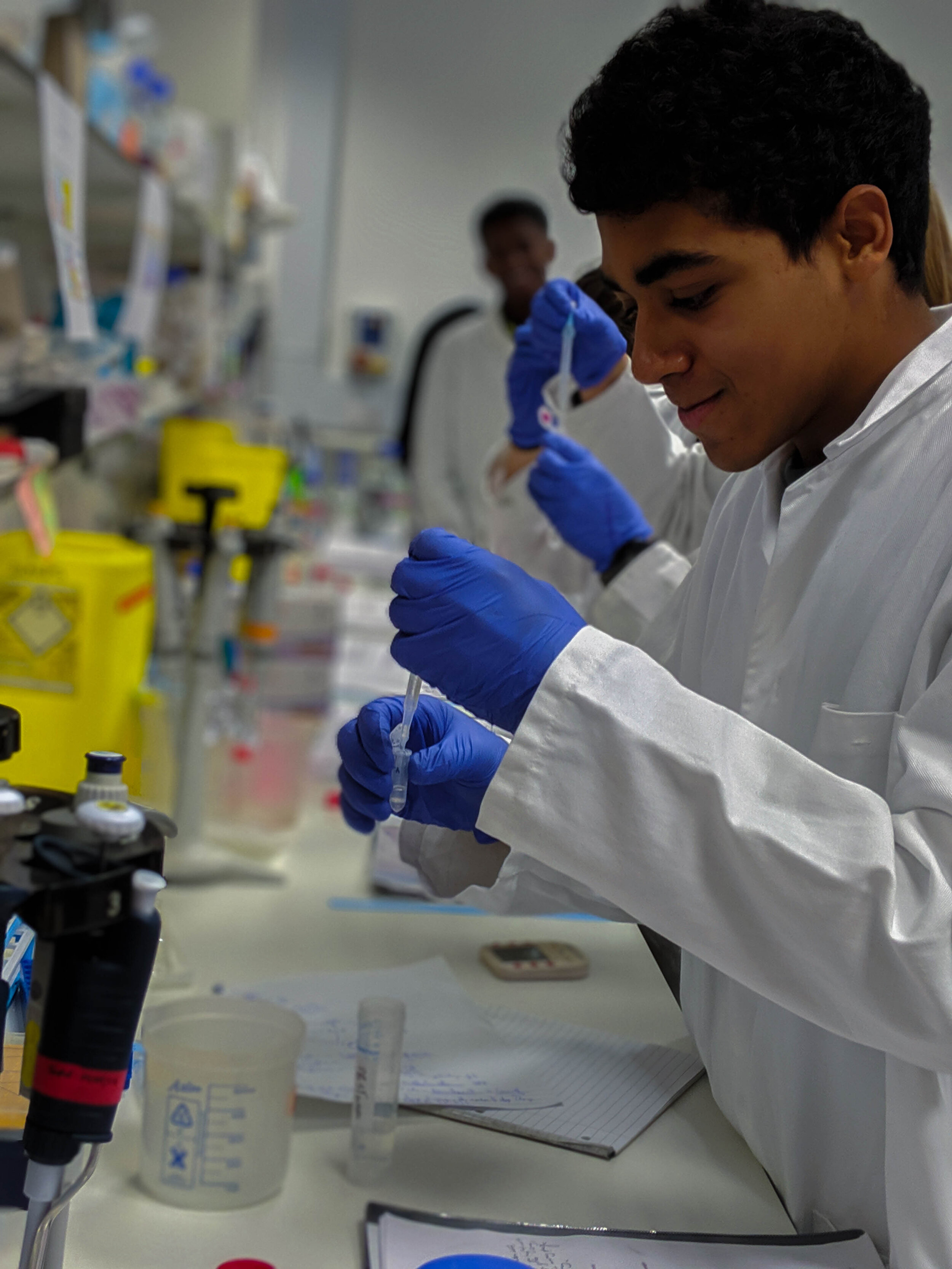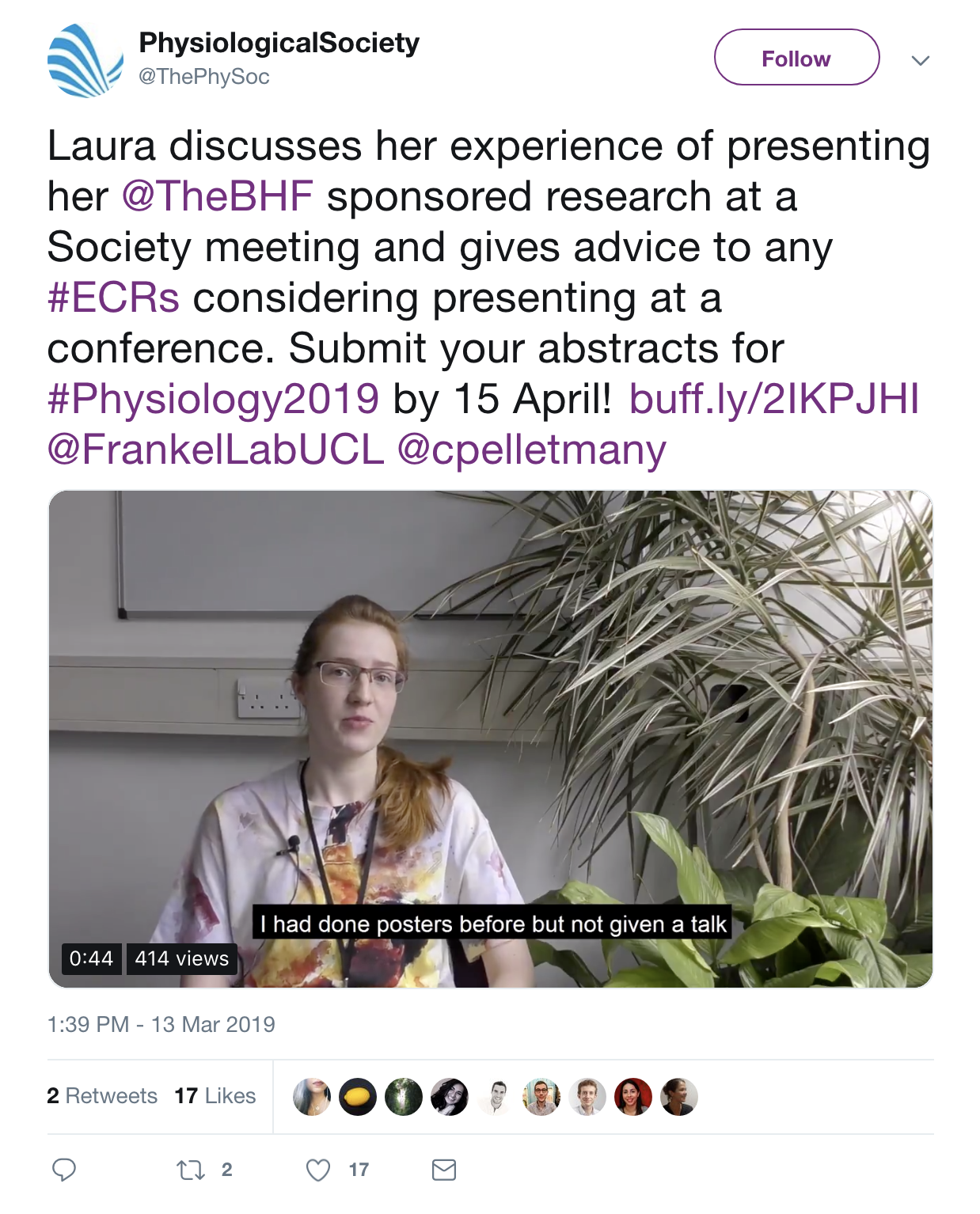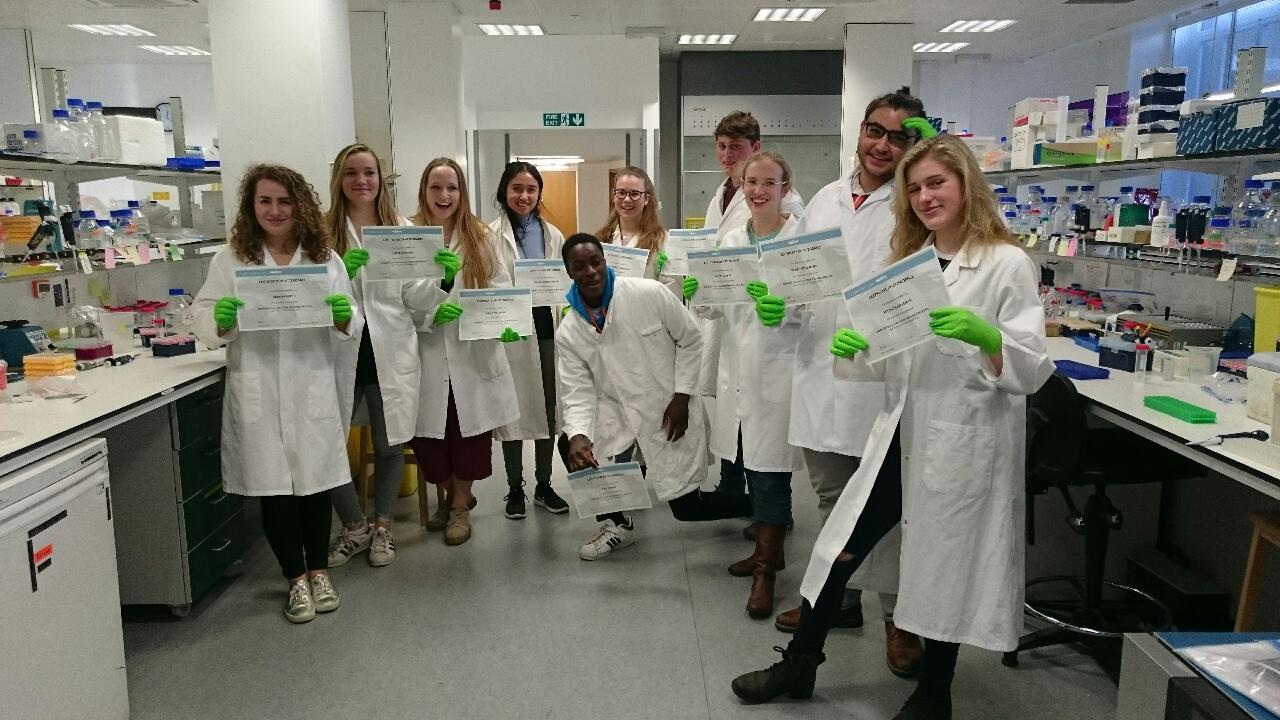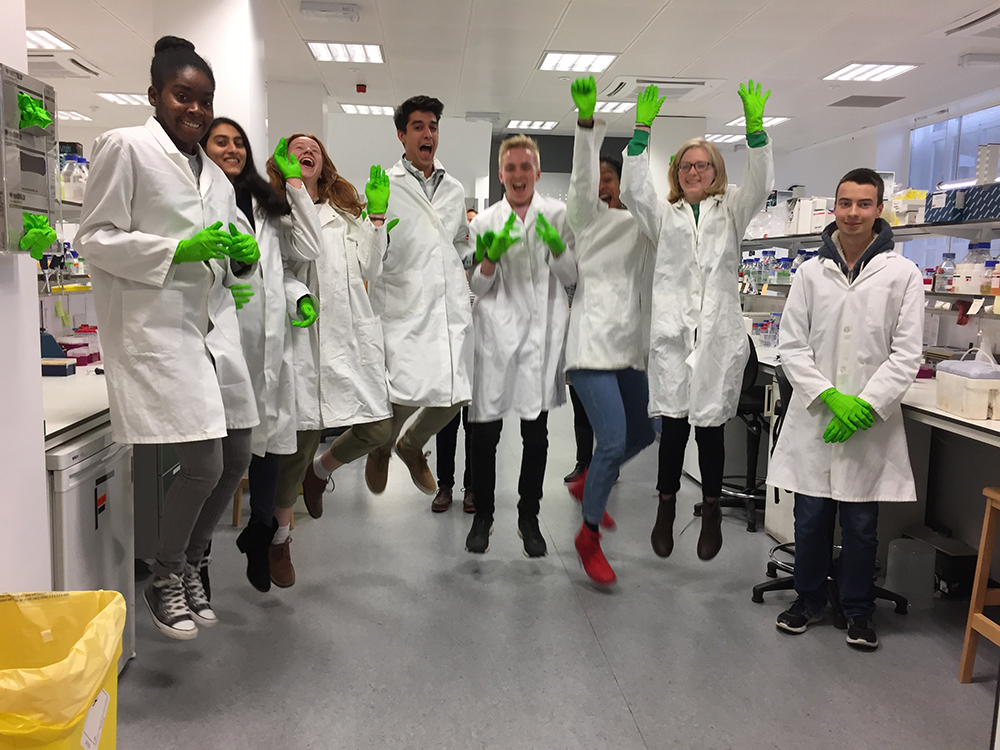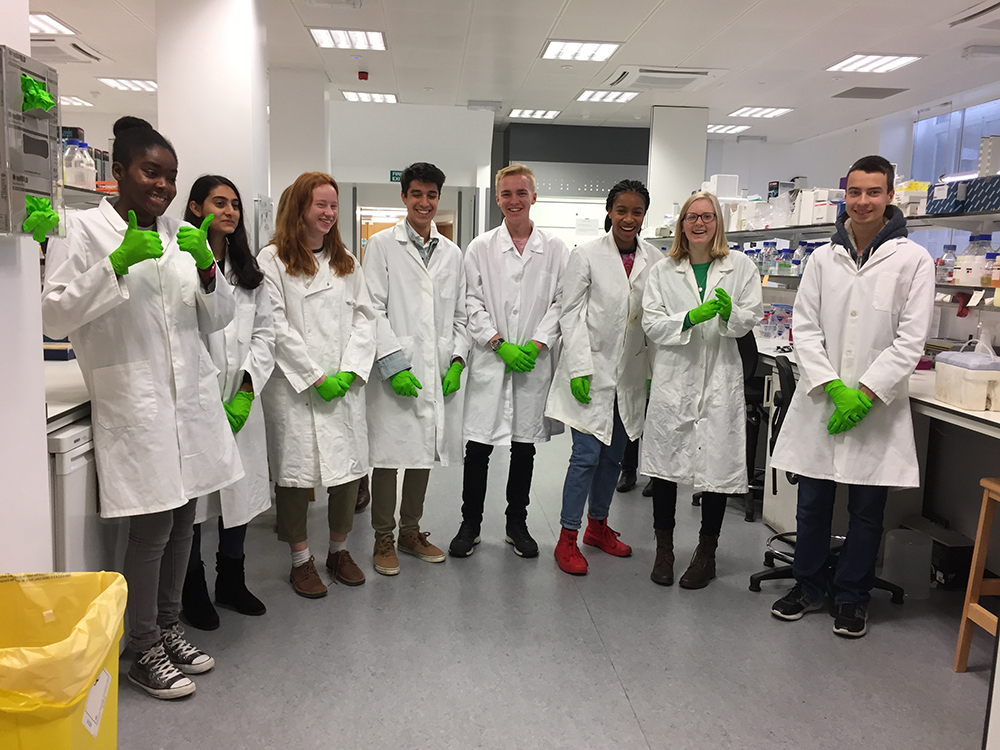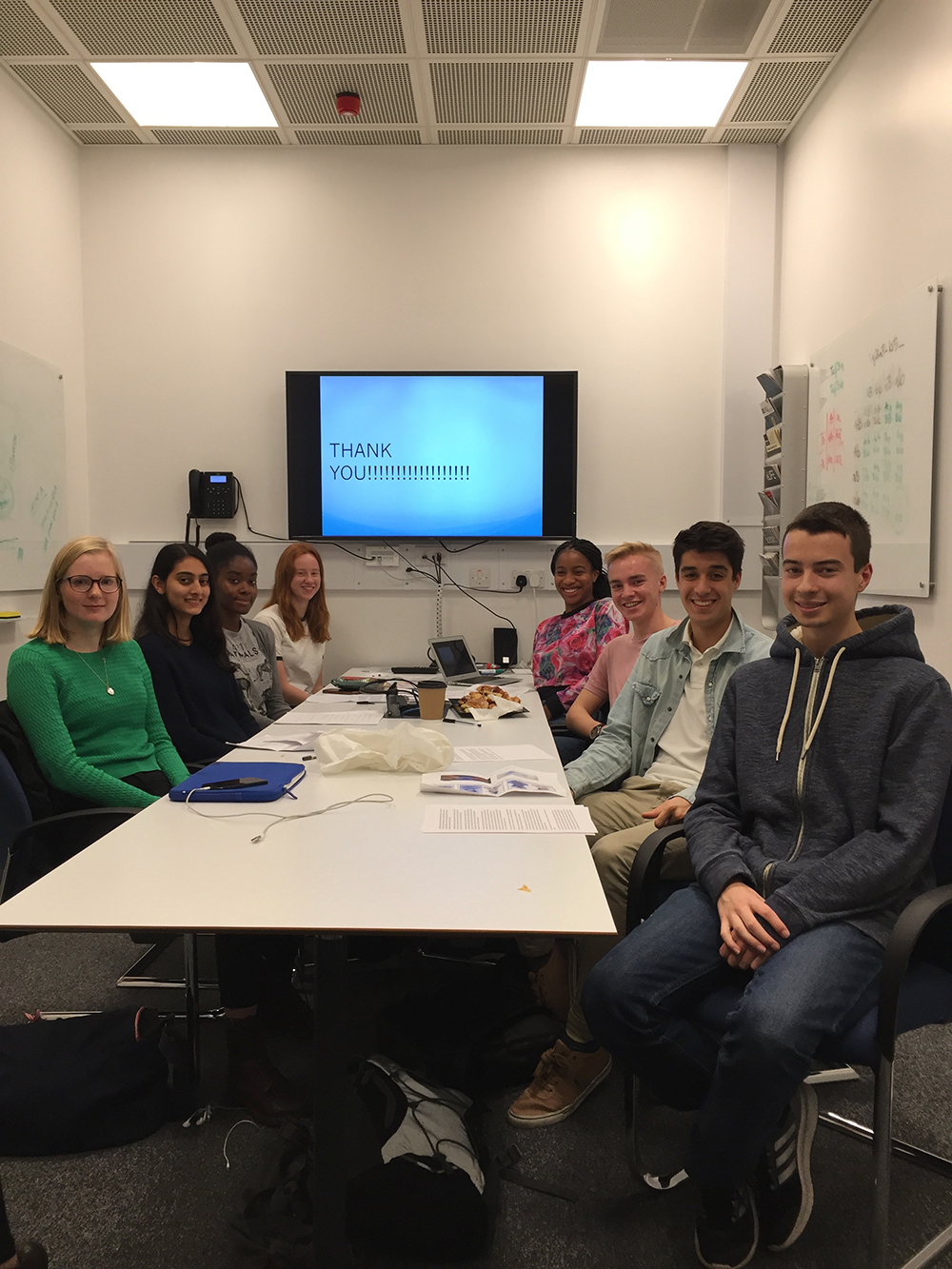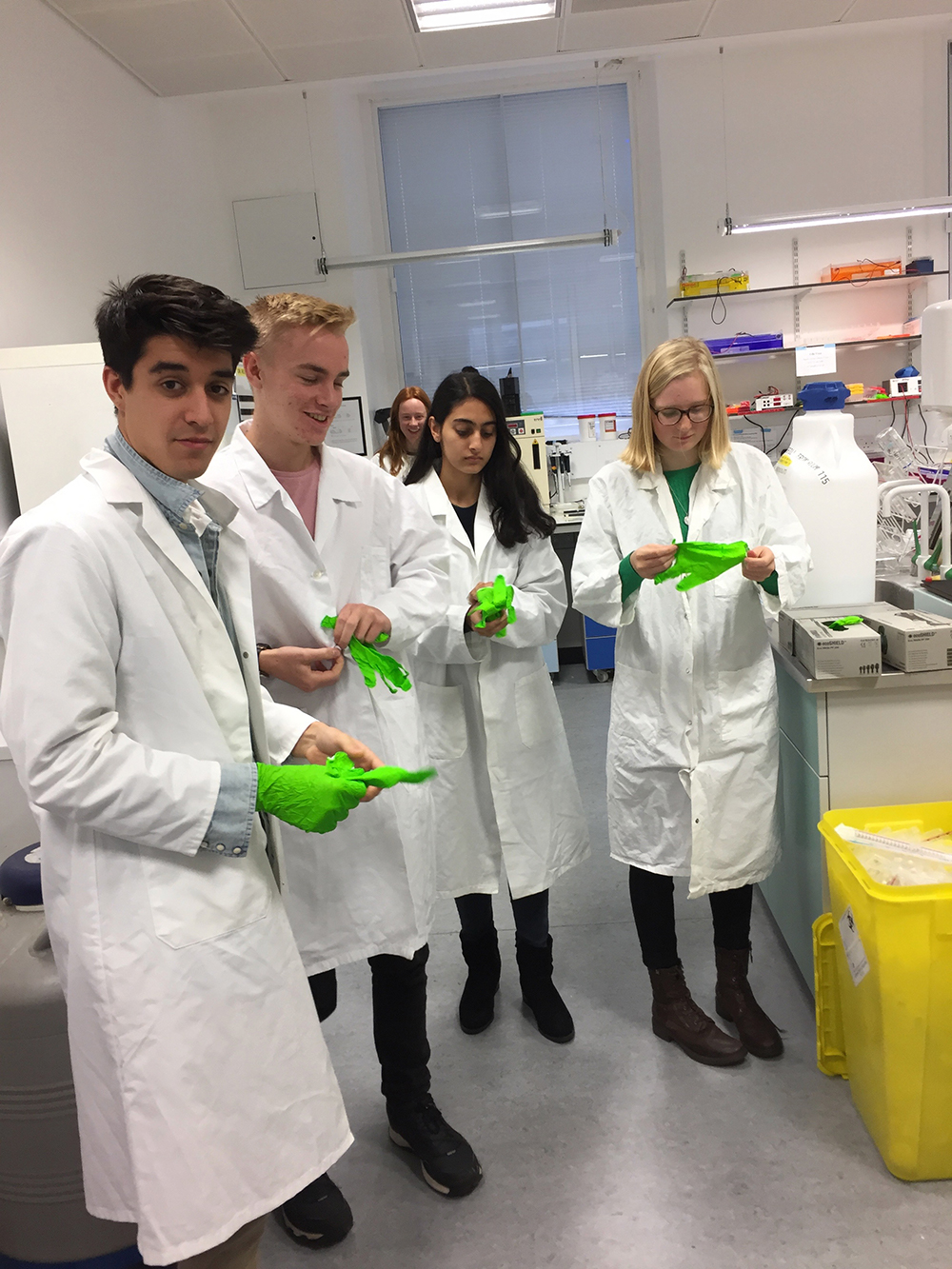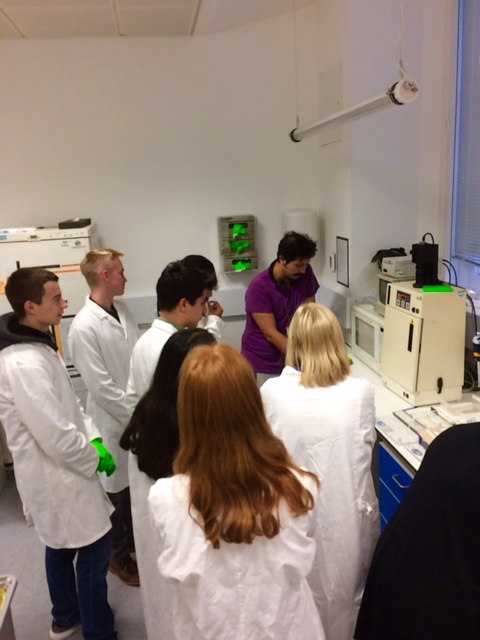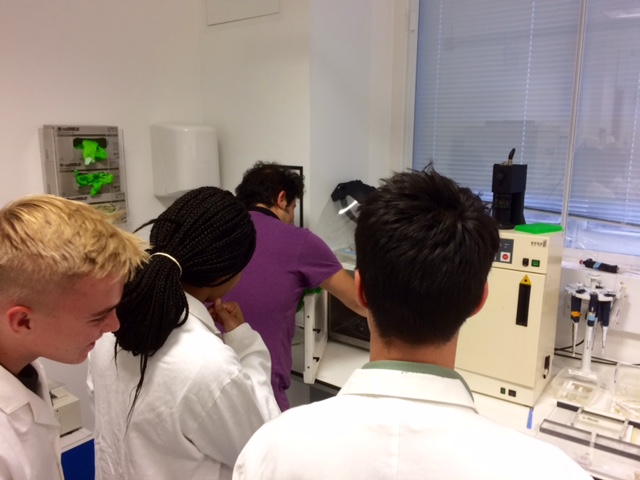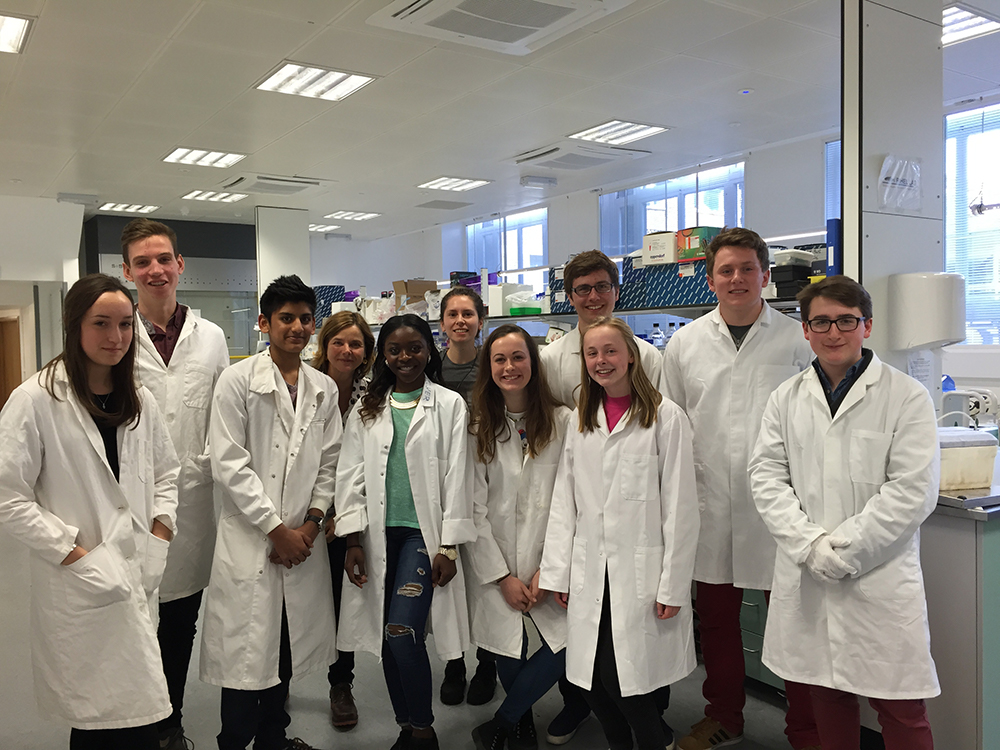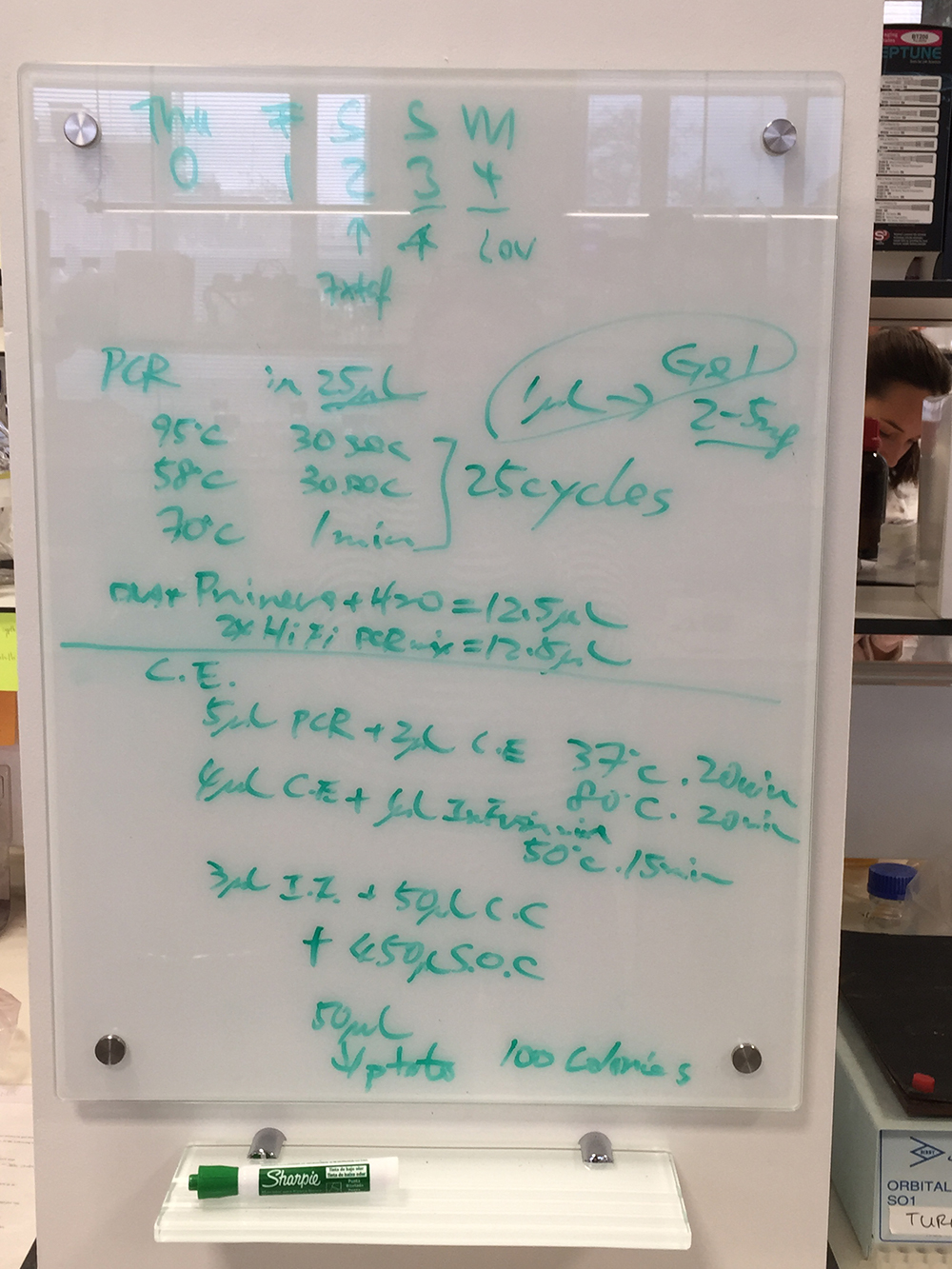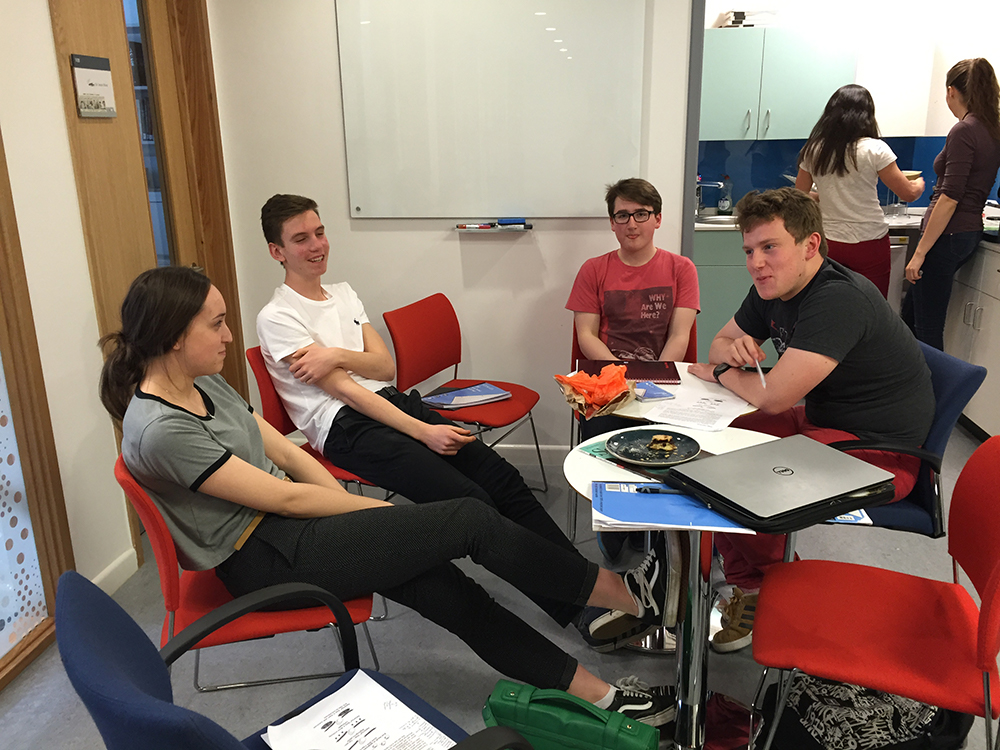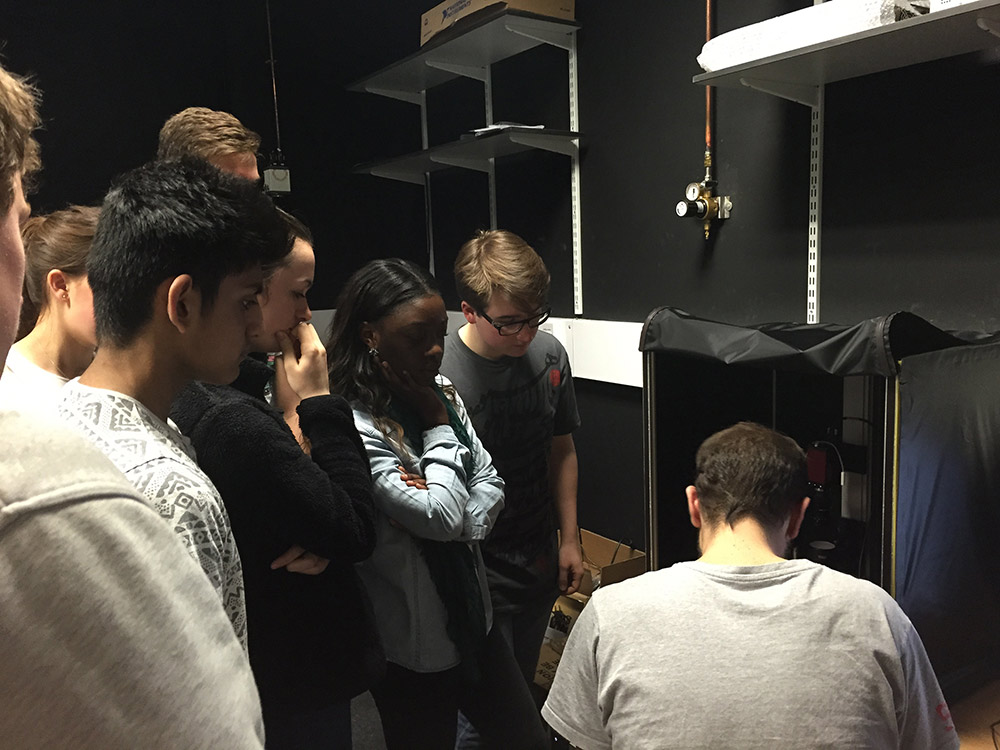This summer the Zebrafish Lab at UCL, in collaboration with Native Scientist (http://www.nativescientist.com/), had the opportunity to host a unique workshop for young people from the BIGKID Foundation (https://www.bigkidfoundation.org/).
In our lab we are dedicated to promoting science and critical thinking through outreach and education of young people from the most diverse backgrounds. It seemed only natural that we would partner up with Native Scientist, an award-winning non-profit organisation aimed to empower immigrant communities through science outreach.
The BIGKID Foundation is a youth charity whose goal is to mentor, motivate and inspire young people at risk of social exclusion. The Portuguese-speaking community in Lambeth is notoriously isolated and as a result few young people go on to explore careers in the field of science. The UCL Zebrafish Lab, Native Scientist and BIGKID liaised to organize a unique summer workshop, where young people from Lambeth’s Portuguese-speaking community had the chance to get an insight on what a career in science might look like.
Ana, Pedro and Renato – our Portuguese-speaking lab members – where very happy to tell our guests all about our favourite model system and to explain the big scientific questions behind the experiments we do in the lab. Our guests also had the opportunity to get some hands-on experience working with zebrafish. We had a lot of fun together! We hope their visit not only gave them an appreciation of why we love science so much, but also inspired them to further their studies in STEM subjects.
To read more about this workshop, visit: https://www.facebook.com/nativescientist1/posts/1119567221477267
Thank you to André Pereira, the outreach officer from the BIGKID foundation, for his work and help. A big thank you to Joana Moscoso and Sara Marques, from the Native Scientist team, who worked so hard making this collaboration and workshop possible. Lastly, thank you to Inês Baptista and Rita Oliveira for their contribution during the workshop.






















